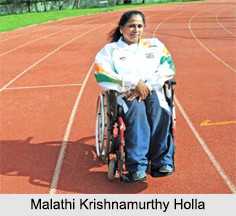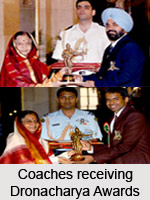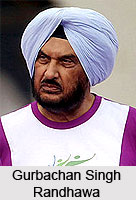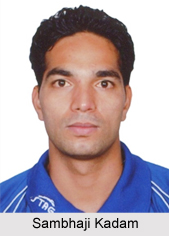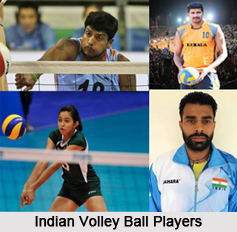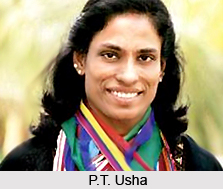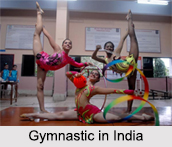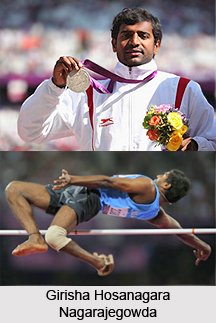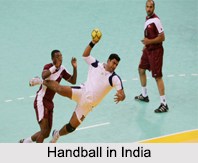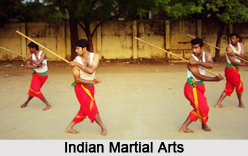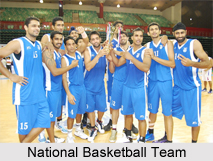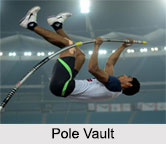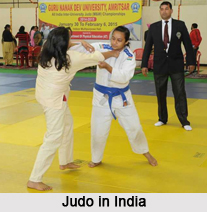 Judo in India is a sport which is very popular. The very first written record about the Judo in India in Kodokan is actually about the coaching and demonstration of Judo by Shinzo Tagaki arranged at Shantiniketan in 1929 by Rabindranath Tagore. The principles of Judo, such as "Maximum Efficiency" and "Mutual Welfare and Benefit", can also be used in dealings of life. The ultimate goal in Judo is to expand oneself to the maximum possible extent, always looking to perfect oneself, so that one can contribute something of value to the world.
Judo in India is a sport which is very popular. The very first written record about the Judo in India in Kodokan is actually about the coaching and demonstration of Judo by Shinzo Tagaki arranged at Shantiniketan in 1929 by Rabindranath Tagore. The principles of Judo, such as "Maximum Efficiency" and "Mutual Welfare and Benefit", can also be used in dealings of life. The ultimate goal in Judo is to expand oneself to the maximum possible extent, always looking to perfect oneself, so that one can contribute something of value to the world.
History of Judo in India
Judo in India became very popular in India in the last century. The origin of the game can be traced long back. Judo, by gentleness, can be created by Professor Jigoro Kano from martial arts, is an ideal form of physical exercise and self defence. Judo also happens to be source of educational and mode of character development. Prof. Kano also emphasized that proper use of the mind of an individual was key to self-fulfilment. This game was the first among all the games to be played at the Olympics sports from Asia.
The development and origin of Judo as combative sport also demonstrates the superiority of strength and technique. The development and evolution of modern day Judo was also based on high ethical standards and always gave due respect to its technicalities and combative methods.
Judo Federation of India (JFI)
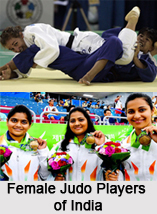 The Judo Federation of India was formed in 1965. In 2010 Judo World Cup in Tashkent, Thoudam Kalpana Devi of Indian state of Manipur became the first Indian to win a World Cup top-three finish.
The Judo Federation of India was formed in 1965. In 2010 Judo World Cup in Tashkent, Thoudam Kalpana Devi of Indian state of Manipur became the first Indian to win a World Cup top-three finish.
This is an organization that actually takes care of all the matter related to Judo in India. This organization promotes, supports and encourages all the Judoka, professionals or otherwise. The primary objectives of Judo federation of India are:
•To broad-base and popularize the game of JUDO in India as well as in the World
•To upgrade the standard of Indian Judo Players, so that they can win more medals in International Judo events
•To strengthen the concept of friendship, mutual understanding and welfare among nations, through Judo
Judo Federation of India on its part has lived up to the obligation and been successful in the development of Judo in India. The officials involved with JFI has worked hard and put great efforts to promote Judo movement in India since 1965, which is an important factor in the campaign to strengthen mutual understanding among States and Nations.
Techniques in Judo
Judo in India has become a modern martial art. Its most exclusive feature is its component of competitiveness, where the endeavour is to either takeover or take over one`s opponent to ground, immobilize or otherwise subdue one`s opponent with the grappling manoeuvre, or force an opponent to submit by joint locking or by executing a throttle choke or hold. Strikes and thrusts by feet and hands as well as weapons defences are a part of Judo, but only in pre-arranged forms (kata) and are also not allowed in competitions of Judo or free practice (randori). The ideology and philosophy that subsequently developed for Judo became a model for other modern Japanese martial arts that developed from Koryu. The worldwide spread of Judo has also led to development of number of offshoots like Samboo and Brazilian Jiu-Jitsu. The practitioners of Judo are also known as Judoka.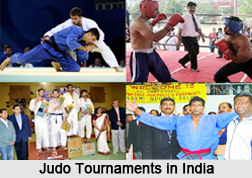
Rank System In Judo
Judo, for its own good, created system of ranks, which is also used in most of martial arts. It also recognizes a person`s degree of ability, knowledge and leadership. There are of course separate ranks for juniors (under 17 years) and for seniors as well. Judo ranks are also identified by coloured belts and also ten degrees of advanced grades for black belts. Regular advancement also encourages students to achieve more points.
Principles and Goals of Judo
Judo, which is translated as gentle ways, also teaches the attitude of suppleness in the submission of system. This is the efficient or flexible use of leverage, balance and movement in the presentation of Judo throws and other skills. Ability, procedure and timing, rather than the use of brute strength, are the essential ingredients for success in Judo.
Judo Players in India
Some of the popular Judo Players in India are Garima Chaudhary, Akram Singh, Navjot Chana, Shushila Likmabam and Tomi Devi.





